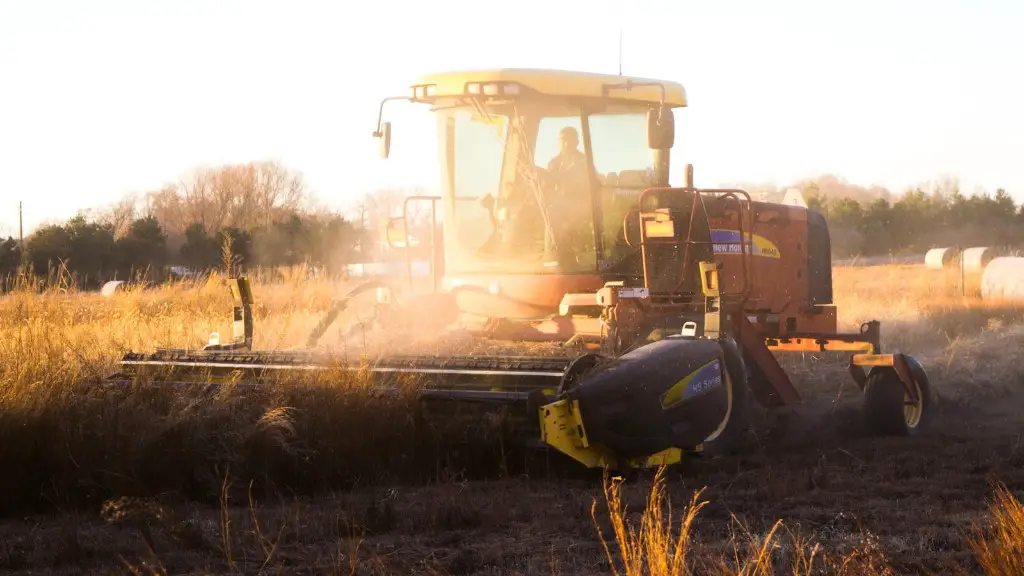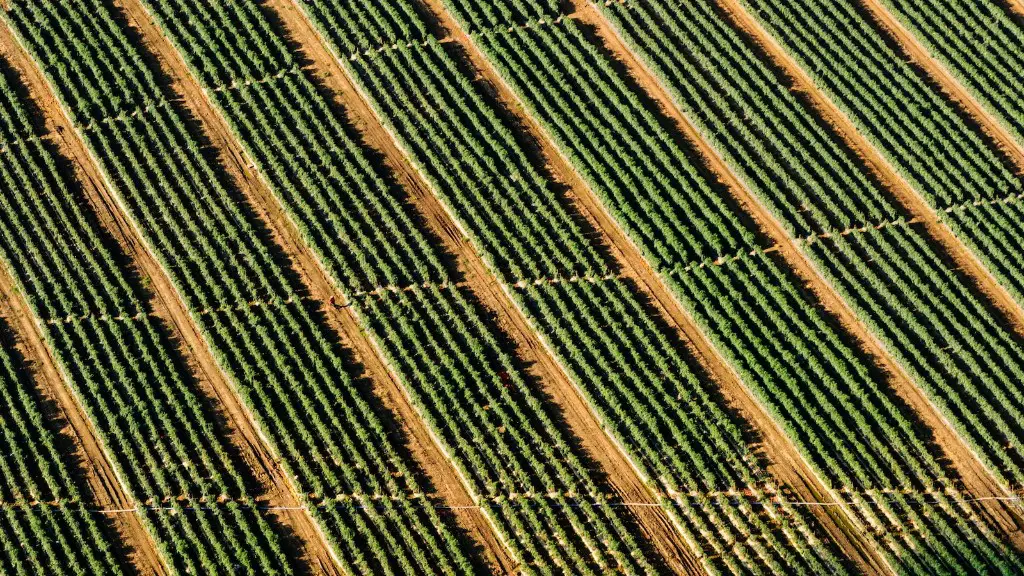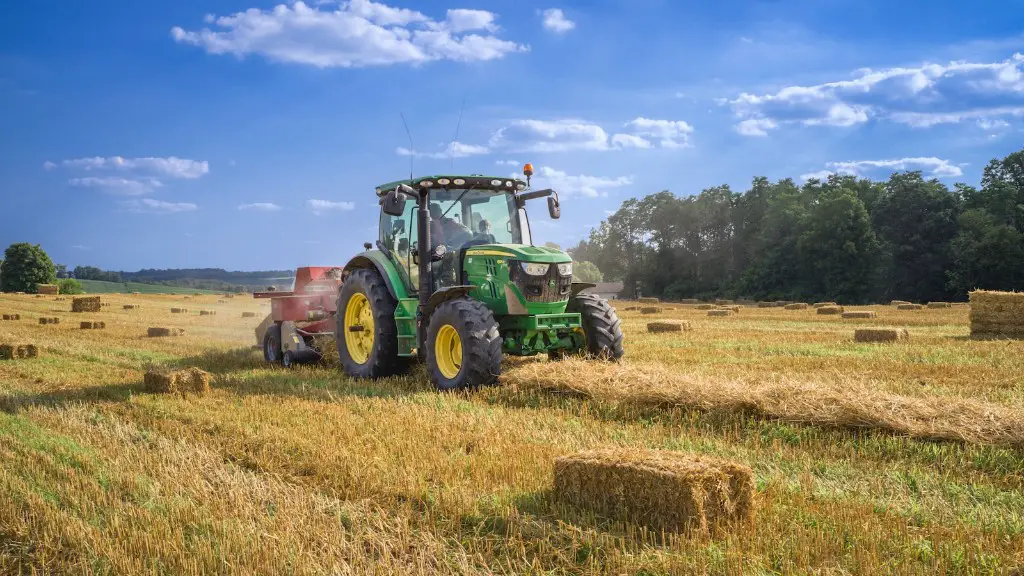The rise of agriculture within Muslim societies is no surprise due to the creation of an environment which promoted growth and innovation. This allowed it to thrive in countries like Syria, Morocco, and Egypt and become a major part of the Islamic Empire’s economy. Understanding why this success was seen is important to recognize the core reasons that allowed it to be so influential. The first major reason was the diversity of Muslim peoples and a culture of education and research that valued agricultural practices. Secondly, the centralized government with ample resources provided by taxation, as well as the legal framework with support from the Islamic state for agrarian activities. The third major factor was trade, which was enabled due to the expansion of his empire and the geographic location of it. These three points provide the background and context necessary to understand the large scale success of the agricultural sector in Muslim empires.
Religious Role of Agriculture
Religious discourse played an important role in the development of agriculture within the Islamic empires. The Prophet Muhammad (peace be upon him) encouraged “agriculture, irrigation and reclamation of wastelands as acts of worship”. In addition, the Qur’an also extolled the importance of agriculture, stating that “God makes you reap and harvest the fruits of the earth”. This religious aspect provided additional incentives for Muslims to engage in agricultural activities. By and large, it was these religious factors which helped to drive the growth of agriculture in Islamic societies, combining an increased religious motivation with worldly practical benefits.
The Agricultural Infrastructure
Agriculture in the Islamic empires was supported by well-structured infrastructure, which allowed for thelarge-scale development of agriculture. This infrastructure included legal frameworks that outlined the rights of farmers, institutions that encouraged land improvement, and tax collected from the agricultural sector to develop infrastructure and public works. The infrastructure also made it possible for people of different faiths and backgrounds to come together and benefit from each other’s knowledge. This resulted in an increased understanding of plants, animals, and agricultural techniques, and resulted in improved agricultural productivity.
Artisan Farmers
The artisans of the Muslim empires were some of the most vital players in the agricultural sector. Artisan farmers produced a range of goods and services, such as barley, milk, meat, and a vast array of clothing. Artisan farmers also played an important role in providing new methods of food production and distribution, as well as establishing a vast agricultural research base. Artisan farmers were also able to form strong relationships with their neighbors and merchants, allowing them to expand their markets and create economic prosperity.
Importance of Water
Water resources were also key to the success of agriculture in the Muslim empires. Water was used for irrigation purposes and for other agricultural tasks. The ingenious use of Qanats, which were long underground channels used to cover vast distances and transport water from one area to another, allowed for increased water availability and improved water management. This allowed for increased agricultural production and resulted in the development of towns and cities near areas that had adequate water resources.
Technology:Tools and Machines
The Muslim empires were well-connected to the world and utilized a wide range of trading networks, which made it easier to access different technologies which could be used to improve agriculture. These technologies included new tools such as irrigation systems and machines, which allowed for more efficient production. In addition, improved animal husbandry, crop rotation, and other practices allowed for increased yields, thus leading to a thriving agricultural sector.
Adoption of New Crops
Agriculture in the Islamic world also benefitted from the adoption of new crops from around the world. These crops had different growing requirements, which meant farmers had to experiment and find the best methods for cultivation. This eventually led to farmers becoming highly adept at growing a wide variety of foods, making agriculture in the Muslim empires much more diverse and successful than it had been prior to the introduction of these new crops.
Legal Framework
The introduction of a comprehensive legal framework also played an important role in the success of agriculture in the Muslim empires. This framework provided farmers with all the necessary protection which, in an increasingly competitive market, allowed them to meet demand more effectively and enabled them to invest in new technologies and processes. This legal infrastructure also provided clarity when disputes arose between farmers, merchants and authorities, and established a balance between the three different parties.
Geographical Diversity
Finally, the geographical diversity of the Islamic Empire allowed certain crops to be grown and stored in certain regions and transported to others, resulting in more efficient production. In addition, the abundance of craft specialists, artisans and traders within the Empire meant that goods could be produced, traded, and transported rapidly. This allowed for increased growth in trade and industry, and resulted in the agricultural sector becoming a prominent contributor to the Empire’s economy.
The Role of Science in Agriculture
Scientific knowledge played an important role in the development of agriculture within the Islamic empires. In addition to the traditional knowledge of farming practices, the government promoted the development of botanical and agronomical knowledge, contributing to an increased understanding of plants and crops and their different methods of cultivation. This knowledge was then disseminated to the public and shared through books, lectures, and other forms of communication. This allowed for more efficient cultivation and deployment of resources, leading to improved agricultural productivity.
The Impact of Trade
The Islamic Empire was tied together by an extensive trading network, which features prominently in the success of its agricultural sector. Trade provided a way for goods, resources, and information to move from one region to another and enabled the exchange of goods between different parts of the Empire. This improved the efficiency of transportation and made it easier for goods to be bought and sold. It also allowed for improved access to new and more advanced agricultural technologies, thus helping to boost the economy of the Muslim empires.
Innovation in Agricultural Techniques
The Muslim empires also saw the emergence of innovative agricultural techniques during their rule. Techniques such as crop rotation, improved irrigation systems, improved methods of sowing and harvesting, and research into the best conditions for yield optimization helped to ensure that farmers had greater success and allowed for more efficient production. These practices combined to create an environment which was conducive to a thriving agricultural sector within the Islamic Empire.
Animal Husbandry
Animal husbandry played an important role in the success of agriculture within the Islamic empires. Muslim farmers were able to use a variety of animal breeds, both domestic and foreign, for their own benefit. For example, camels were used for heavy work due to their large size, horses for transport, and animals like goats and sheep for dairy production. This allowed for improved food production and greater efficiency in their methods of agriculture.
Human Resources
The human resources available in the Muslim empires played an important role in successful agricultural practices. Farmers, merchants and artisans were abundant and allowed for better knowledge sharing across different areas of expertise. This increased the effectiveness of farming techniques, leading to improved efficiency and output. Farmers were also able to benefit from techniques such as crop rotation, which improved the quality of their soil and production.
Physical Environment
Finally, a favorable physical environment played a large role in the success of agriculture in the Islamic empires. Farmers were able to take advantage of fertile land and mild climates to cultivate fruits, vegetables, and grains. This allowed for the production of a variety of goods which could be bought and sold to different parts of the Empire. The regions where these favorable climatic conditions could be found were usually located near rivers and in areas of high rainfall. This enabled the development of a successful agricultural sector.



